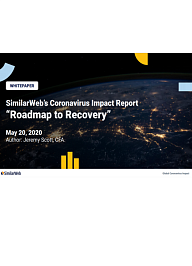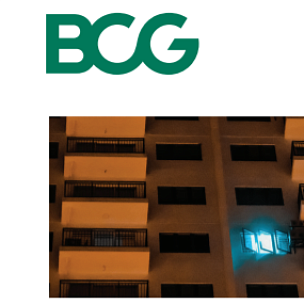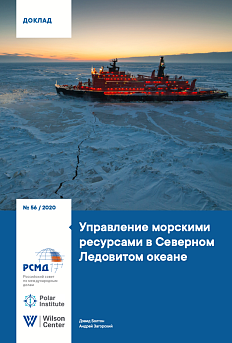In this report, SimilarWeb analyzes web traffic to assess the impact of the coronavirus outbreak on global consumers’ and businesses’ behaviours.
The Roscongress Foundation presents the salient points of the publication accompanied by fragments of broadcasts of relevant panel discussions from the business programme of international events held by the Roscongress Foundation.
Web traffic in the travel sector is showing signs of gradual improvement.
Most major countries have begun the process of cautiously outlining exit strategies. Germany, Czech Republic, and certain parts of the US are well ahead of others with accelerated reopening schedules, albeit with restrictive guidelines for social distancing. The outcomes of these early movers will likely set the pace for the rest of the world, and if successful, initiate the rebuilding process for the most-impacted industries, including travel.
At the moment, SimilarWeb reports that web traffic in the travel sector is showing first signs of gradual improvement.
Traffic on grocery delivery remains above normal, while trends in food delivery are divergent.
Traffic on grocery delivery remains well above normal. All in all, aggregate traffic to grocery delivery sites in key markets is ~40% off its highs. Web traffic in the food delivery sector remains variable and continues to show divergent trends, depending on location.
SimilarWeb analysts suppose that the divergence is at least partially explained by differentials in local restaurant supply. Restaurant operators are facing difficult economic and safety decisions by staying open. In the near-term, those restaurants are being partially supported by a ramp up in delivery promotions, the intensity of which may not be consistent across global markets. The sustainability of those trends, as a result, is debatable. The analysts point to major pizza chains as potential relative winners, and remark that trade-off between grocery and food delivery is a matter of timing.
Video: https://roscongress.org/sessions/spief-2019-lider-xxi-veka/search/#00:48:00.511
Retail is at an early stage of recovery.
As a broad measure of consumer health, retail traffic points to gradual improvement. The EU, aided by discount brands, is showing modest signs of sequential recovery. Trends in the US and Australia are beginning to grow, aided by deep discounts at major chains, as well as continued strength in specialty retail (home, beauty, and sport/athleisure).
Global patterns in eCommerce have continued to improve generally, though still divergent. The US continues to perform best, and is significantly outpacing the EU and Asia on its respective timeframe. This can partially be explained by the stronger eCom infrastructure in the US and greater penetration into mass goods and household products.
Despite a recent decline in use, web conferencing is expected to become more intensely integrated into post-crisis workflows.
Following a dip in the last few weeks, global patterns in web conferencing have settled into a steadier trend, but continue to show signs of fatigue, albeit at substantially higher levels. Some of this resistance can be explained by a drop in consumer (versus business) use. However, SimilarWeb analysts suspect that privacy concerns with the market-leader have played a role, and may drive increased friction. Despite these near-term concerns, the analysts expect web conferencing to become more intensely integrated into post-crisis workflows.
For more information about economic development amid a pandemic, please see the COVID-19, StayHomeEconomy, and Digitalization special sections of the Roscongress information and analytical system.





